In recent years the European Commission has committed serious mistakes, including the imposition of tariffs, measures restricting energy procurement, sanctions, and unfavorable agreements, and as a result, the European continent is now facing severe economic difficulties, the foreign ministry's statement quoted the minister as saying at his press conference following the meeting of the EU Foreign Trade Council. He also warned that Brussels is now preparing two additional harmful decisions, one threatening Hungarian farmers, the other endangering Hungarian jobs.
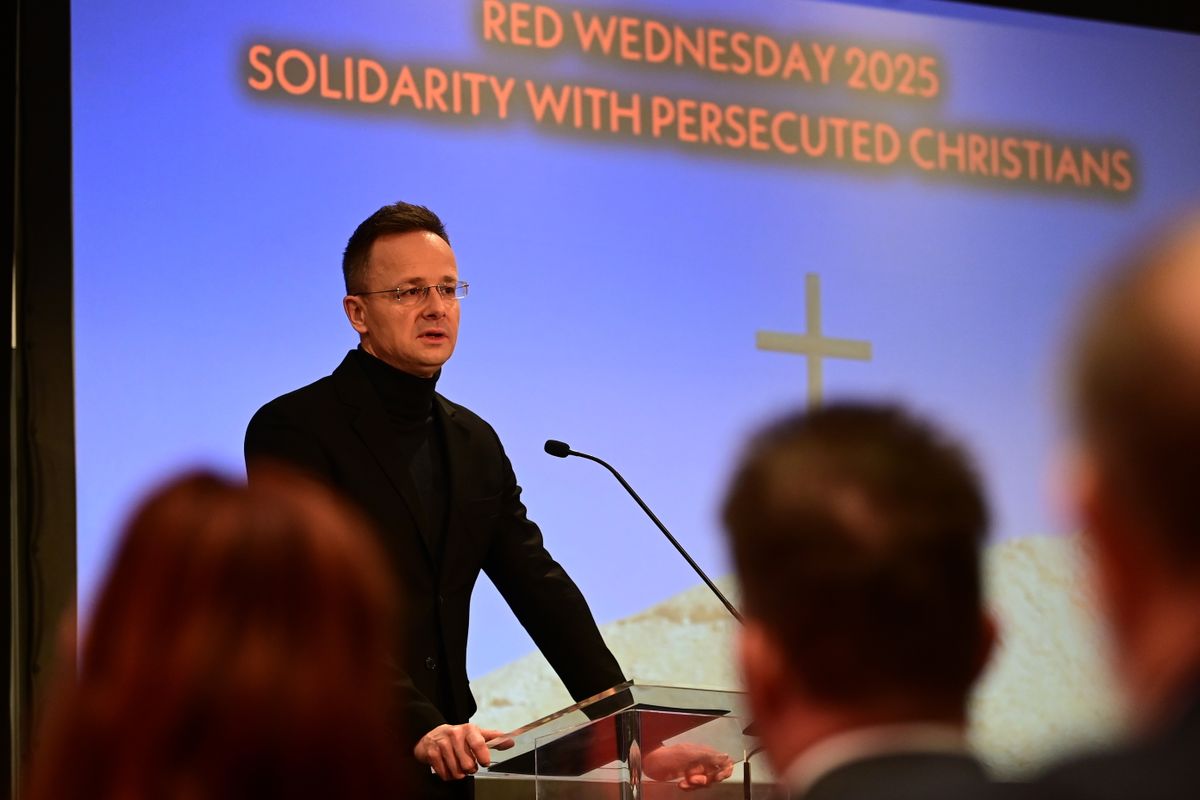
"Brussels wants to sign a free trade agreement between the EU and South American countries this year and then rapidly bring it into force, which in its current form would pose a threat to Hungarian agriculture," he said.
This danger is not only about South American food industry products flooding the Hungarian food market, but also about Hungarian farmers losing export opportunities within the European Union, given that this free trade agreement will very likely result in a significantly increased volume of food and agricultural products entering the EU from South America, he underlined.
We asked Brussels to take measures before concluding the free trade agreement that would [...] protect European farmers, including Hungarian farmers, from this threat. However, the European Commission made a proposal that does not protect the agriculture of small member states or the farmers of small member states in any way,
he continued.
"The European Commission only wants to take protective measures in cases where the implementation of the agreement could threaten 50 percent of European agricultural production, or 25 percent in very urgent cases. However, small member states account for less than 5 percent of the European Union's agriculture, so it is clear that such a solution would only benefit the large member states," he explained.
Peter Szijjarto also pointed out that Brussels seeks to centralize member states’ investment support decisions, which would effectively eliminate competition for investment in the EU.
In practice — in a manner reminiscent of the former Comecon — a central committee here in Brussels would decide what investments can come to Europe, which European country they can go to and how, instead of EU member states continuing to compete for these investments,
he highlighted.
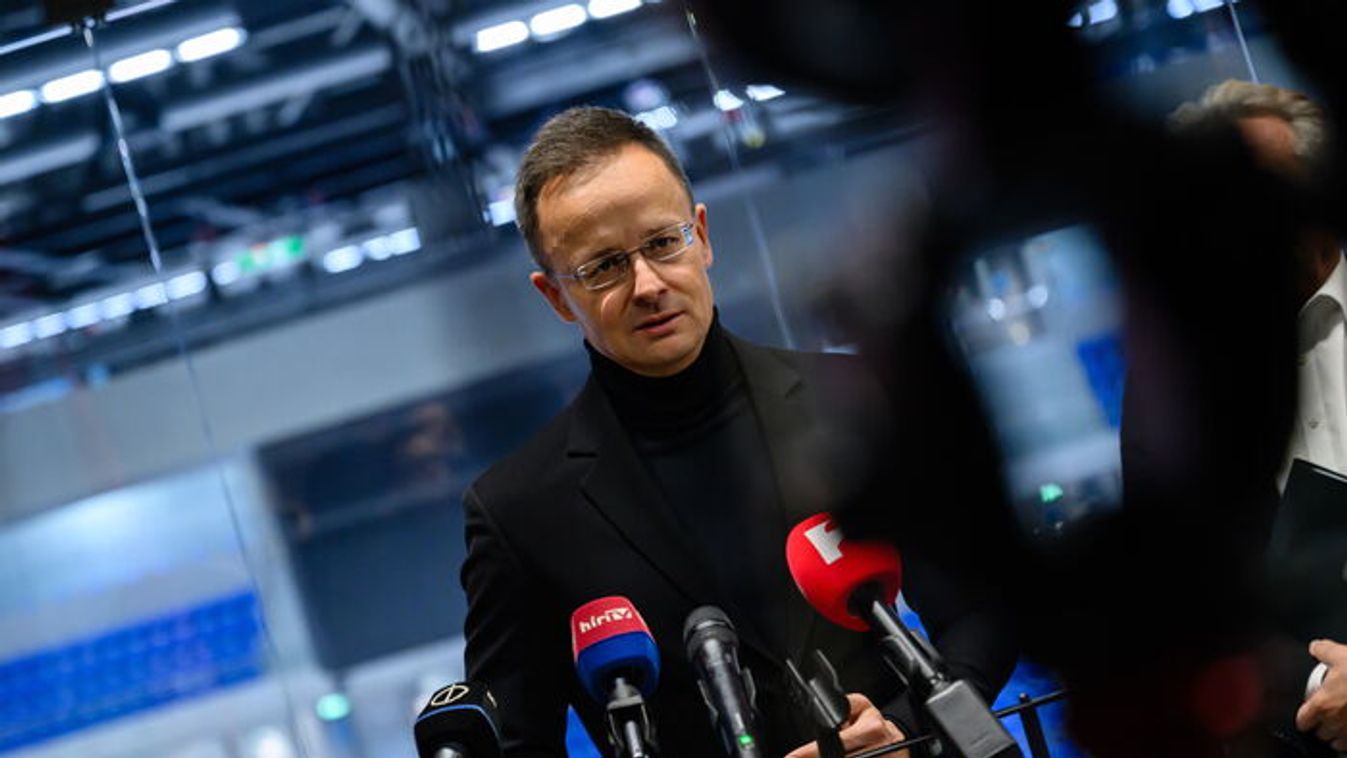
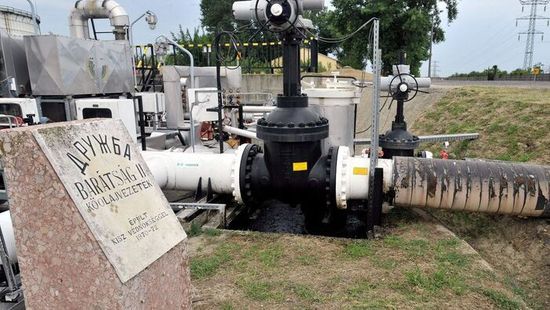
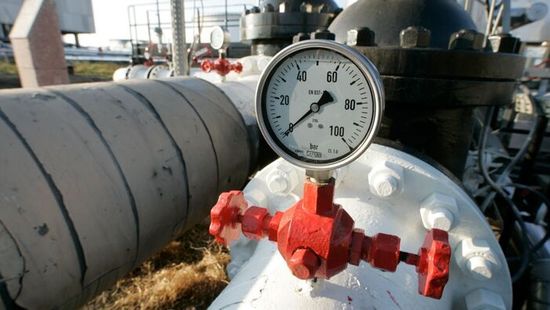
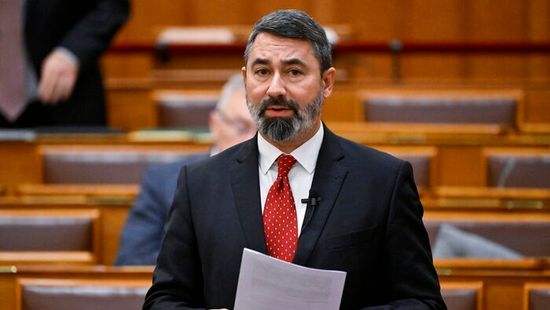
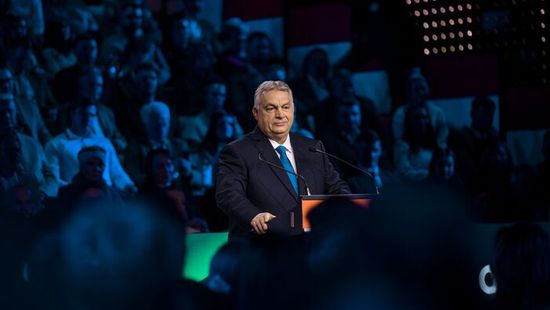


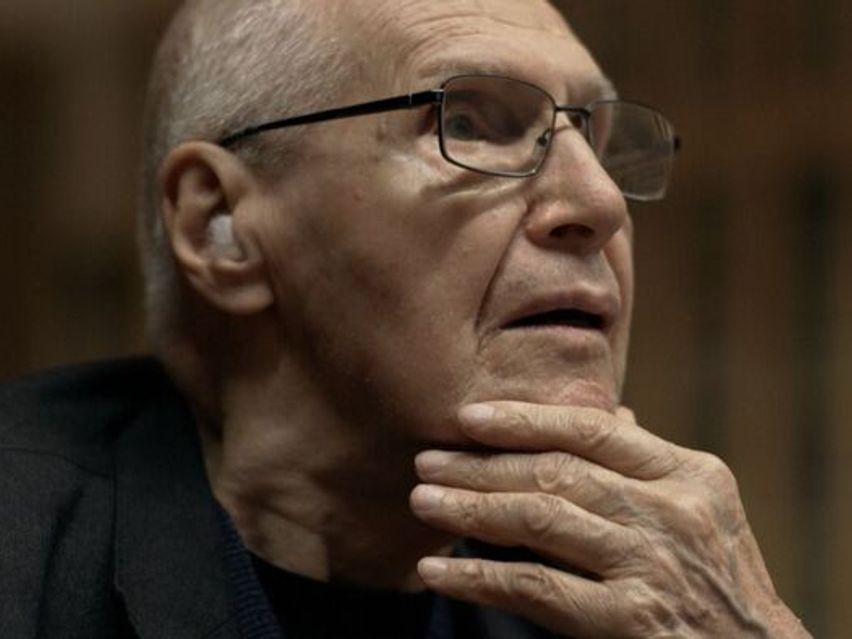
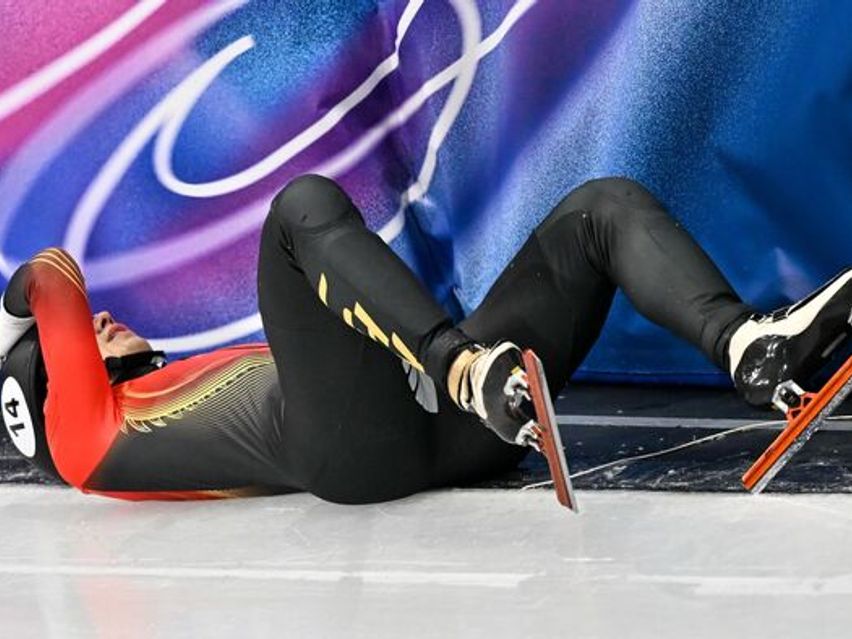
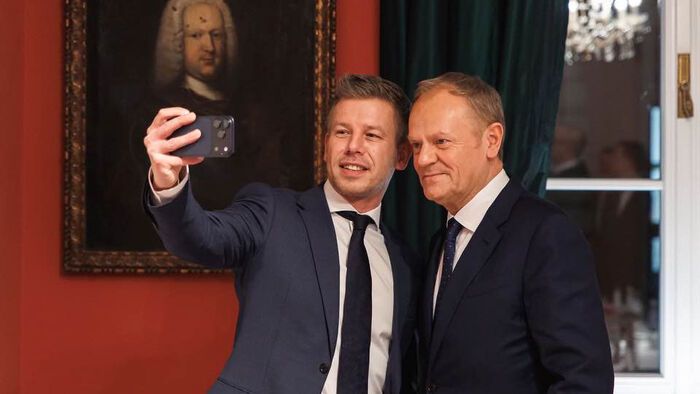


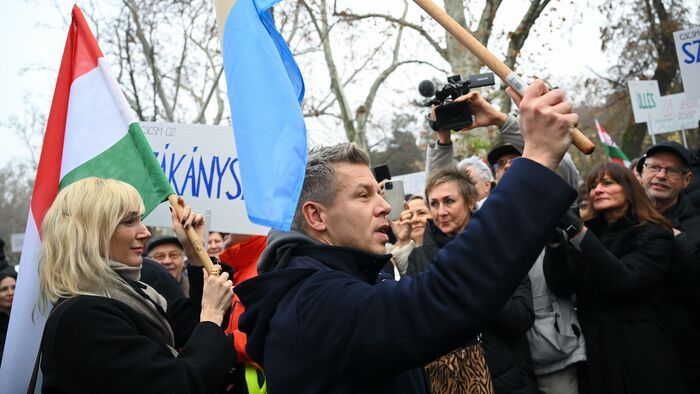
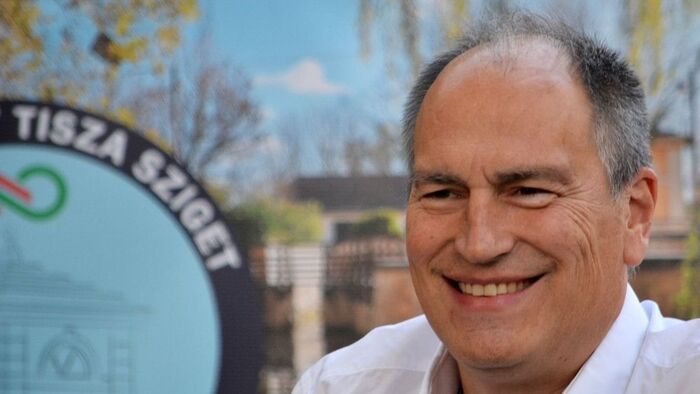

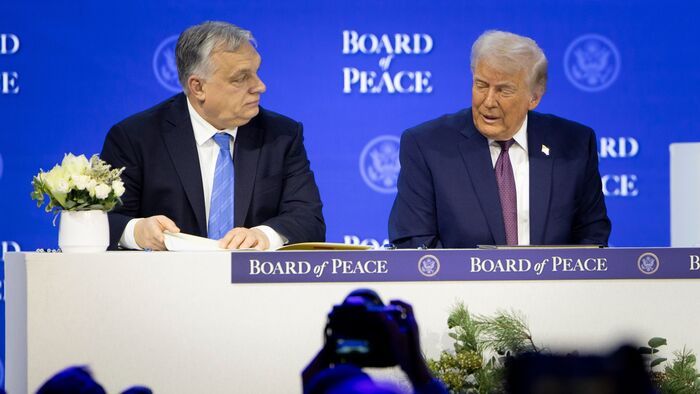
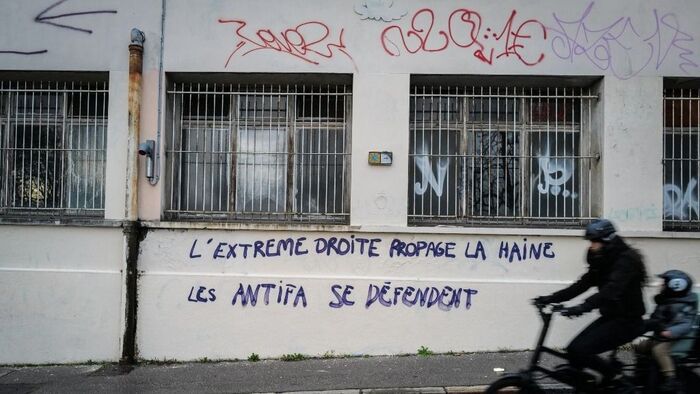
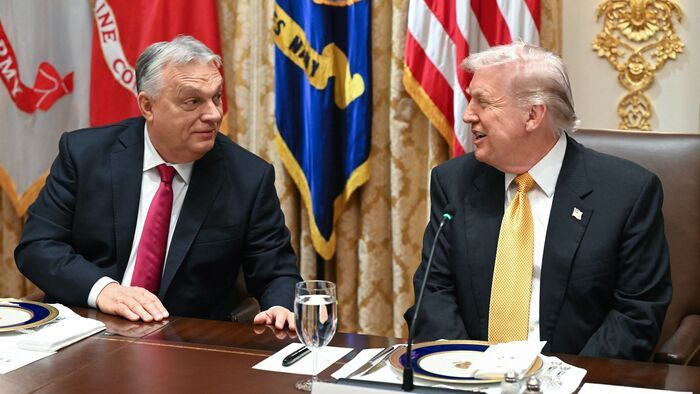





Szóljon hozzá!
Jelenleg csak a hozzászólások egy kis részét látja. Hozzászóláshoz és a további kommentek megtekintéséhez lépjen be, vagy regisztráljon!